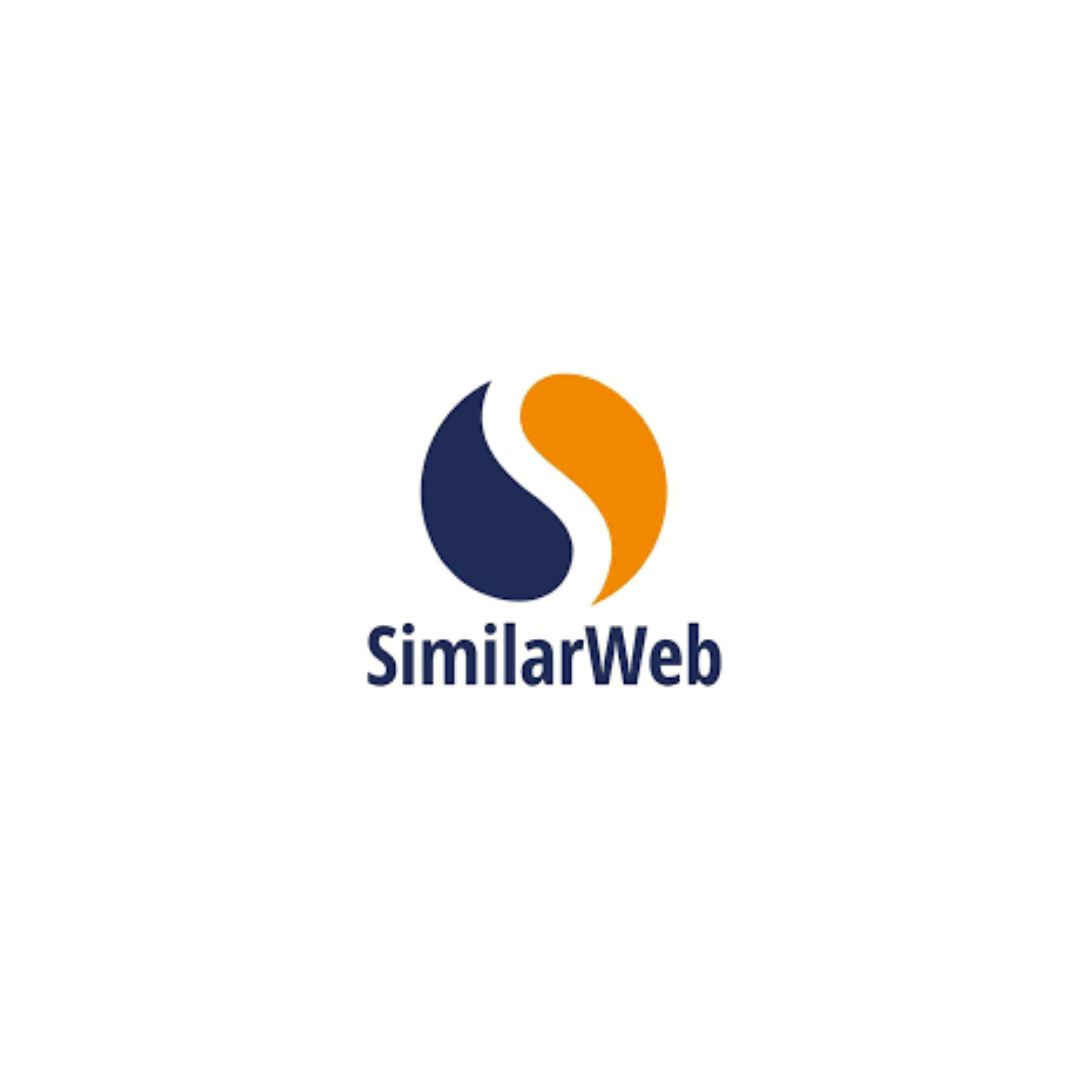What is Open-Source?
Open-source is a term that refers to software whose source code is publicly available and can be modified, distributed, and used by anyone. Open-source software is typically developed collaboratively by a community of developers who share a common vision and values. Open-source software offers many benefits, such as transparency, security, innovation, and cost-effectiveness.
Open-source is a term that refers to software or other products that are licensed to allow anyone to access, modify, and distribute the source code or design. Open-source software is usually developed collaboratively by a community of developers who share a common vision and values. Open-source software can have many benefits, such as:
- Innovation: Open-source software can foster creativity and experimentation, as anyone can contribute new ideas, features, or bug fixes.
- Quality: Open-source software can benefit from peer review, testing, and feedback from a large and diverse user base, which can improve the reliability and security of the software.
- Transparency: Open-source software can promote trust and accountability, as anyone can inspect the code or design and verify its functionality and integrity.
- Freedom: Open-source software can empower users and developers to control their own computing experience, as they can choose, customize, and modify the software according to their needs and preferences.
- Collaboration: Open-source software can facilitate cooperation and collaboration among individuals and organizations who share common goals and interests, as they can work together on projects and learn from each other.
Open-source software is not necessarily free of charge, although many open-source projects are available for free or at a low cost. Open-source software is also not necessarily compatible with all platforms or devices, although many open-source projects strive to support a wide range of systems and standards. Open-source software is also not necessarily easy to use or maintain, although many open-source projects provide documentation, tutorials, and support for users and developers.
Open-source software is governed by various types of licenses that define the rights and obligations of the users and developers. Some common types of open-source licenses are:
- GNU General Public License (GPL): This license requires that any derivative work based on the original open-source software must also be open-source and licensed under the same terms.
- Apache License: This license allows users and developers to use, modify, and distribute open-source software for any purpose, as long as they include a notice of the original copyright and license.
- MIT License: This license allows users and developers to use, modify, and distribute open-source software for any purpose, as long as they include a notice of the original authorship and license.
- Creative Commons License: This license allows users and developers to use, modify, and distribute the open-source product for any purpose, as long as they follow certain conditions, such as attribution, non-commercial use, or share-alike.
Open source is more than just a technical term or a legal concept. It is also a philosophy and a culture that values openness, collaboration, diversity, and freedom. Open-source is a way of creating, sharing, and improving products that can benefit everyone. Open source is a movement that challenges the traditional models of ownership, production, and consumption. Open source is a vision of a world where knowledge and resources are accessible and distributed for the common good.
Share This Post
Related Articles
Boosting Your Marketing Strategy with SimilarWeb Insights
In today's digital age, effective marketing hinges on understanding your target audience, tracking industry trends, and staying ahead of competitors. This is where SimilarWeb comes into play. As a powerful digital market intelligence platform, SimilarWeb provides valuable insights that can revolutionize your marketing approach. In this article, we'll explore how SimilarWeb can boost your marketing strategy, helping you gain a competitive edge in the ever-evolving online landscape.
What is Domain Name?
A domain name is a unique identifier that represents a website or an online service on the internet. It consists of a sequence of characters, usually separated by dots, that corresponds to a numerical address called an IP address. For example, the domain name bing.com points to the IP address 204.79.197.200, which is where the Bing search engine is hosted. Domain names make it easier for users to access websites and services without having to remember long strings of numbers.
Mastering Chat GPT: Tips and Tricks for Effective Communication
Unlock the potential of Chat GPT with these expert tips and tricks for effective communication. Become a master at chatting with AI!
What is Web Hosting?
Web hosting is a service that allows individuals and organizations to publish a website or web application on the Internet. A web host, or web hosting service provider, is a business that provides the technologies and services needed for the website or web application to be viewed on the internet. Websites are hosted, or stored, on special computers called servers. When Internet users want to view your website, all they need to do is type your website address or domain into their browser. Their computer will then connect to your server and your webpages will be delivered to them through the browser.
Unraveling the Magic of the Internet: What Is Domain and DNS?
Curious about the internet's inner workings? Learn all about what Domain and DNS are in this comprehensive guide. Get ready to demystify the digital realm!
Related FAQ
No related FAQ.
Say Hello
To Your Dream





